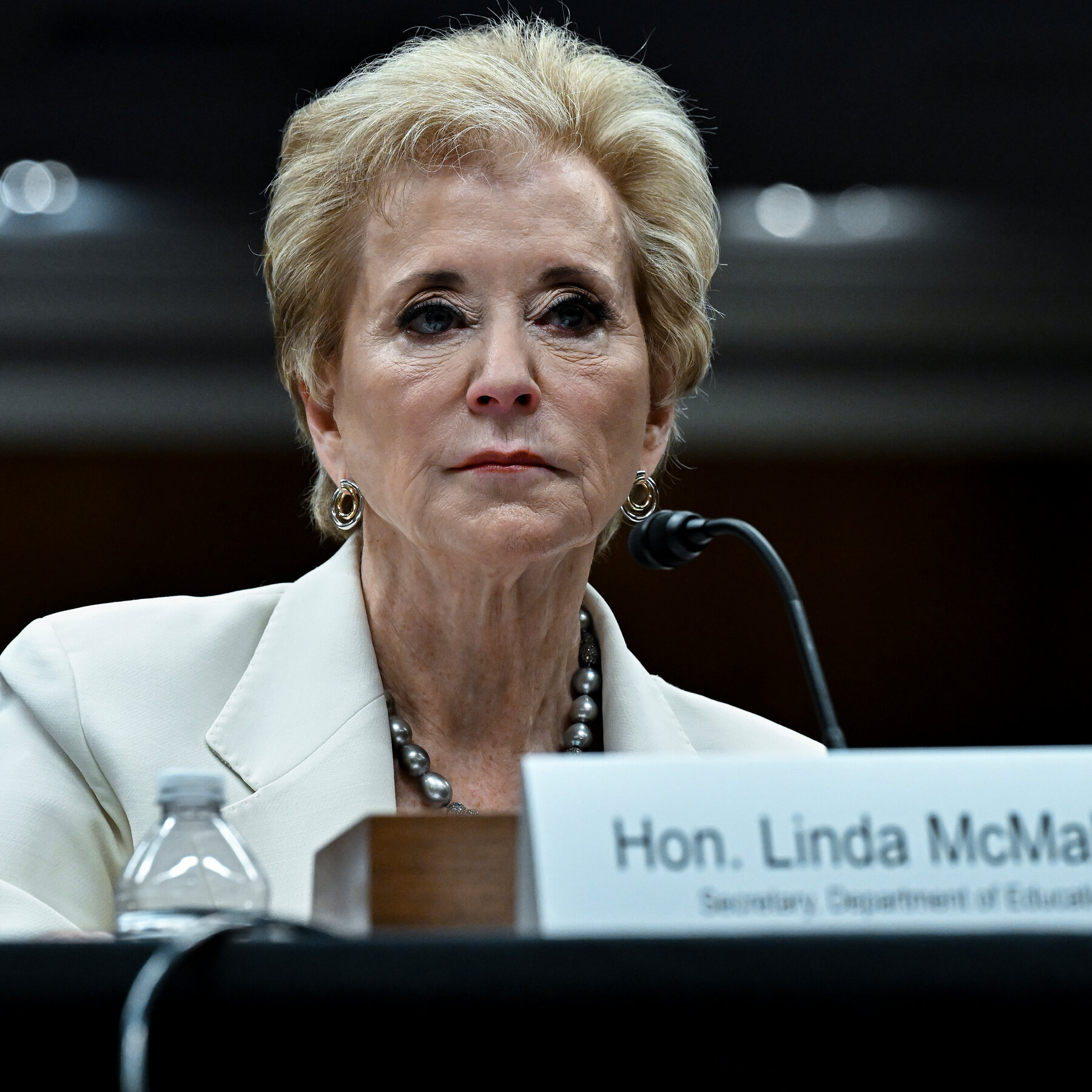Education
Education Department Cuts $350 Million in Funding for Minority Colleges

The U.S. Department of Education has announced the termination of grant funding amounting to $350 million designated for minority-serving colleges. Education Secretary Linda McMahon stated that the funds supported programs perceived by the administration as providing unfair advantages to minority students.
This decision affects numerous institutions that serve diverse populations across the country. The funding, which was previously aimed at enhancing educational opportunities for underrepresented groups, has been a crucial financial resource for many colleges and universities.
According to the Department, the rationale behind this policy shift rests on the belief that the programs funded by these grants perpetuated disparities rather than alleviating them. “We are committed to ensuring that all students have equal access to educational resources,” McMahon remarked in a press conference announcing the changes.
Implications for Minority-Serving Colleges
The decision has raised significant concerns among educators and advocates who argue that such funding cuts will disproportionately impact institutions that already face financial challenges. Many minority-serving colleges rely heavily on federal funding to maintain programs that support student retention, academic success, and community engagement.
Critics of the Department’s decision argue that removing this support could lead to a decrease in enrollment and graduation rates among minority students. Institutions such as historically Black colleges and universities (HBCUs) and Hispanic-serving institutions (HSIs) may struggle to offer the same level of services and resources without the financial backing previously provided by these grants.
Educational leaders have voiced their dismay over the decision. Dr. Ruth Simmons, president of Prairie View A&M University, stated, “This funding was not just a line item in a budget; it represented hope and opportunity for thousands of students. To cut it now is a disservice to our communities.”
Future of Funding for Educational Equity
The implications of this funding cut extend beyond immediate financial concerns. It raises questions about the future of federal support for educational equity initiatives. The Department of Education has indicated that it will redirect resources toward programs it deems more effective in promoting equal opportunities for all students.
Supporters of the funding cuts believe that a reevaluation of how federal funds are allocated is necessary to ensure that all students, regardless of their background, receive fair treatment. Advocates for minority-serving colleges contend that dismantling these programs could undermine years of progress made toward educational equity.
As the landscape of higher education continues to evolve, the vitality of minority-serving institutions remains a crucial topic of discussion. Stakeholders are now left to navigate a future with potentially fewer resources, raising the stakes for both students and educators alike.
In the wake of this announcement, many institutions are expected to seek alternative funding sources to fill the gap left by the eliminated grants. The challenge will be to maintain their commitment to serving diverse student populations while adapting to a changing financial environment.
-

 Technology5 months ago
Technology5 months agoDiscover the Top 10 Calorie Counting Apps of 2025
-

 Health2 months ago
Health2 months agoBella Hadid Shares Health Update After Treatment for Lyme Disease
-

 Health3 months ago
Health3 months agoErin Bates Shares Recovery Update Following Sepsis Complications
-

 Technology4 months ago
Technology4 months agoDiscover How to Reverse Image Search Using ChatGPT Effortlessly
-

 Technology1 month ago
Technology1 month agoDiscover 2025’s Top GPUs for Exceptional 4K Gaming Performance
-

 Technology2 months ago
Technology2 months agoElectric Moto Influencer Surronster Arrested in Tijuana
-

 Technology5 months ago
Technology5 months agoMeta Initiates $60B AI Data Center Expansion, Starting in Ohio
-

 Technology5 months ago
Technology5 months agoRecovering a Suspended TikTok Account: A Step-by-Step Guide
-

 Health4 months ago
Health4 months agoTested: Rab Firewall Mountain Jacket Survives Harsh Conditions
-

 Lifestyle5 months ago
Lifestyle5 months agoBelton Family Reunites After Daughter Survives Hill Country Floods
-

 Technology4 months ago
Technology4 months agoHarmonic Launches AI Chatbot App to Transform Mathematical Reasoning
-

 Technology3 months ago
Technology3 months agoUncovering the Top Five Most Challenging Motorcycles to Ride





















